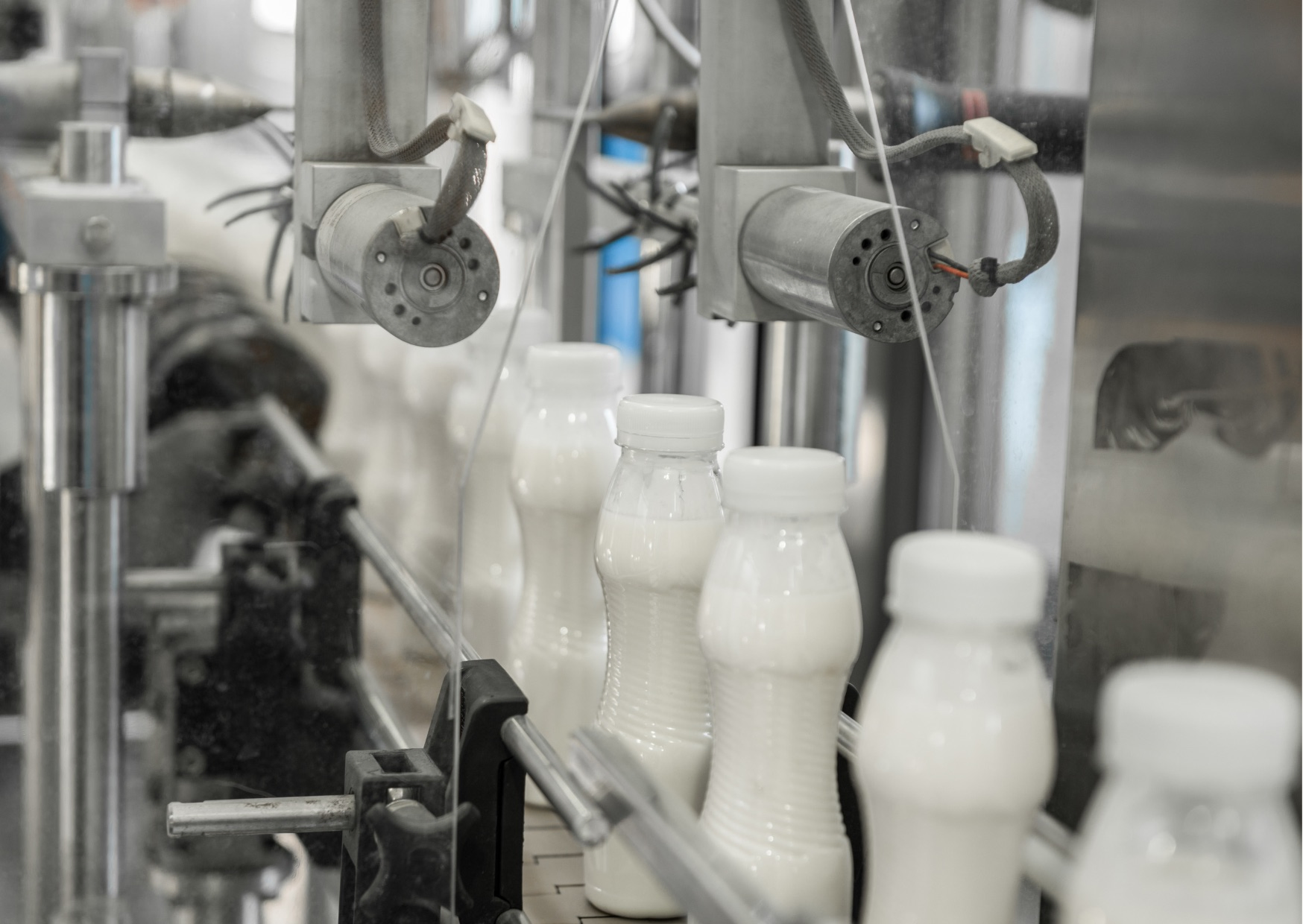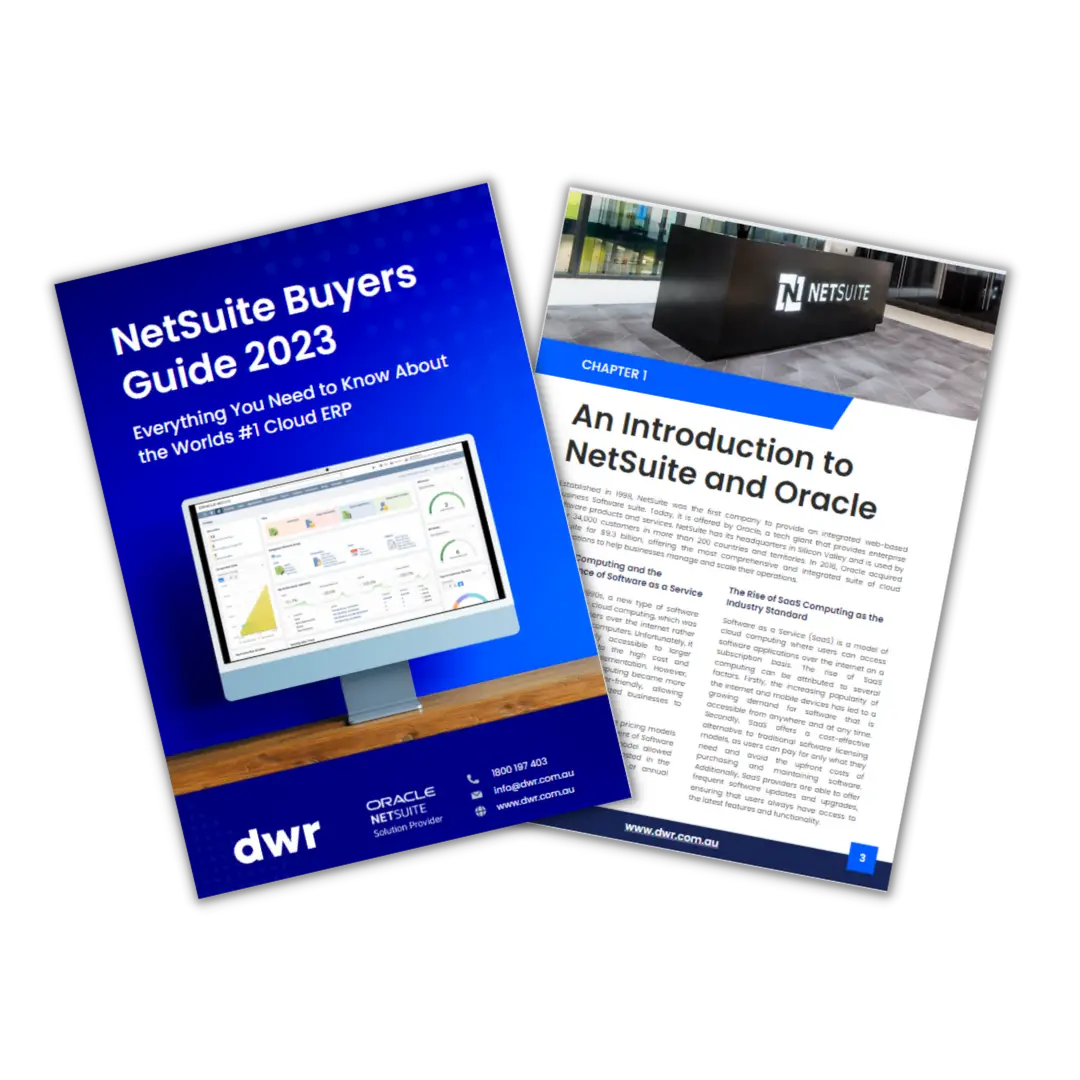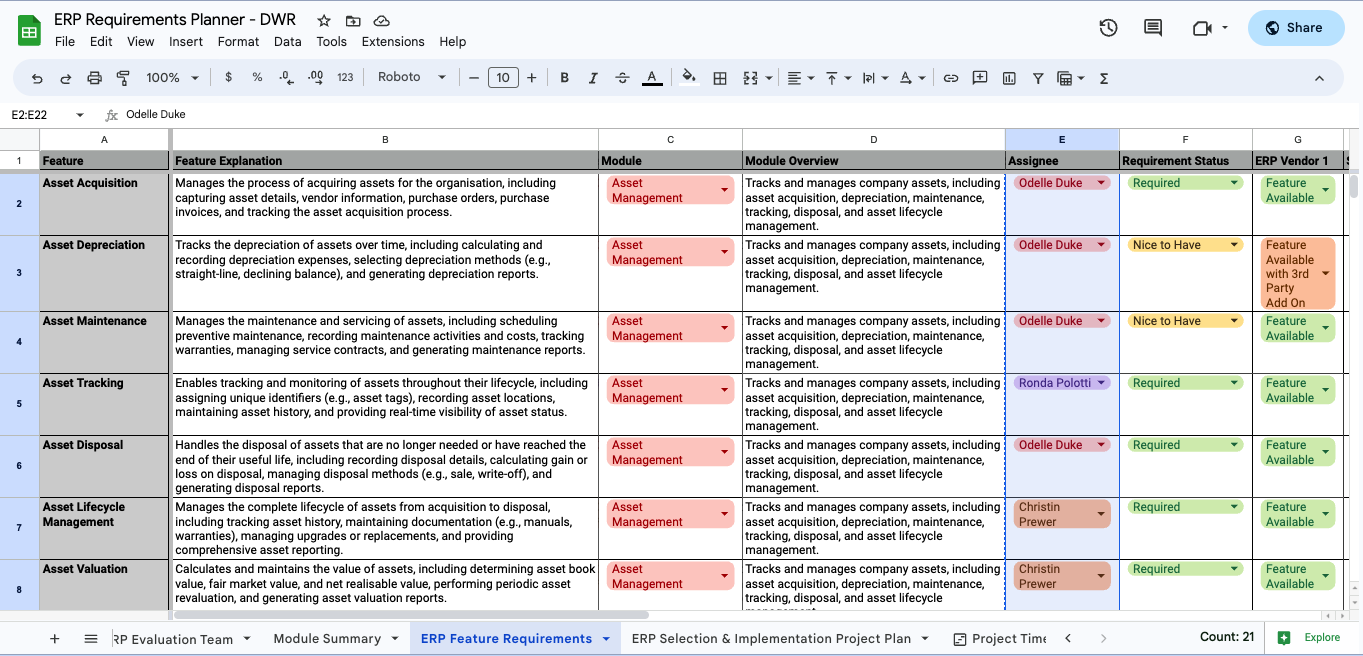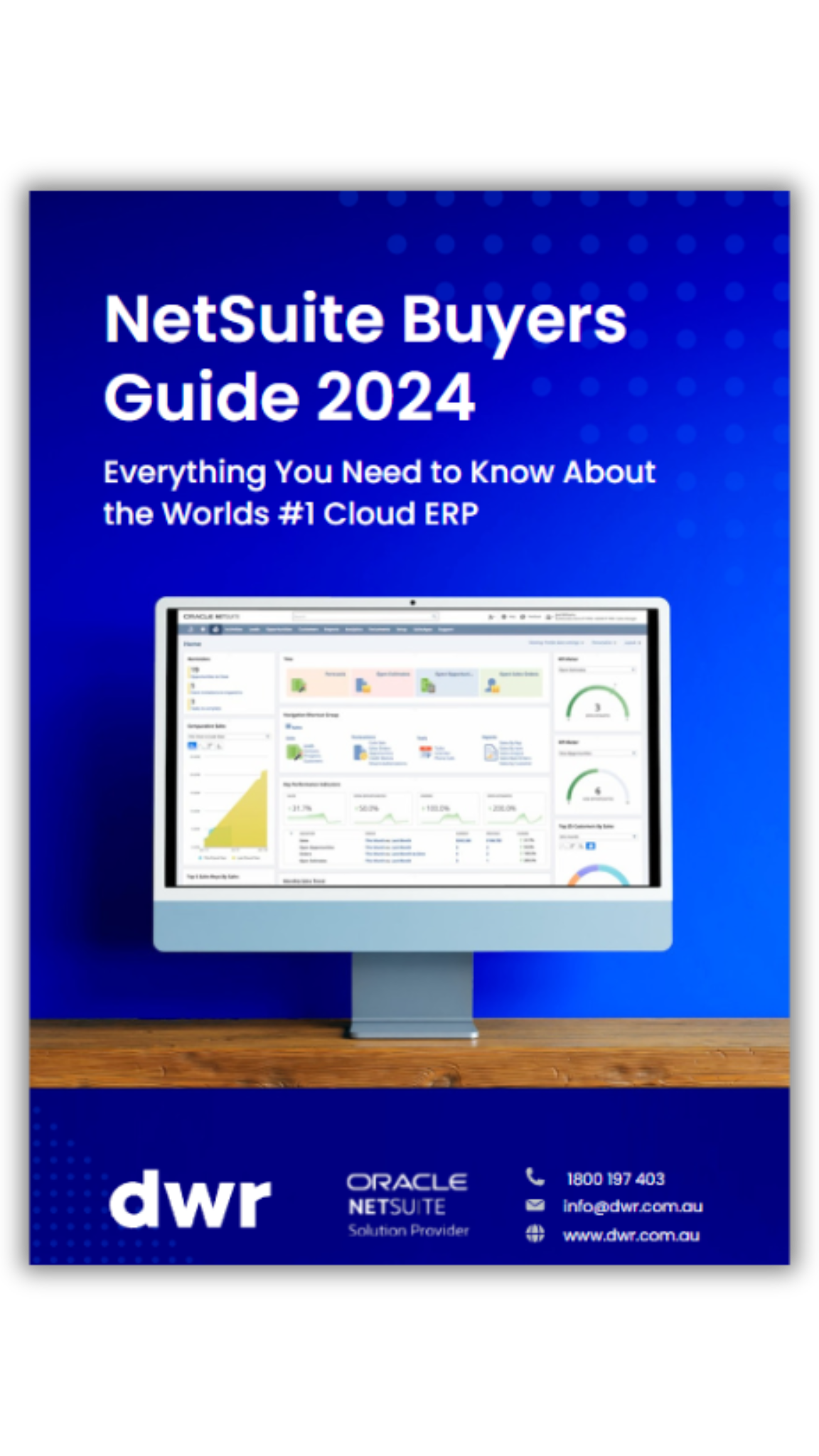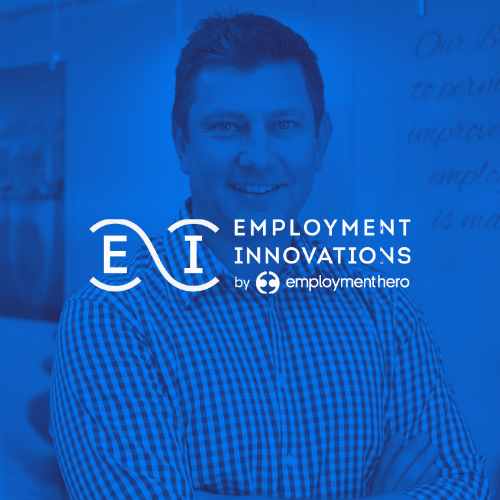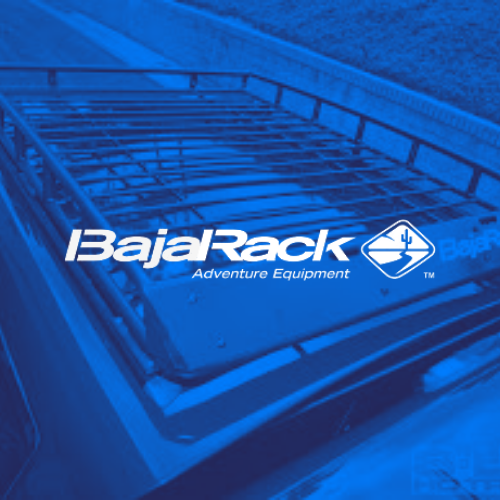The entire face of the food and beverage industry has changed in light of the Coronavirus.
With many hospitality businesses forced to close in line with Government restrictions and regulations, some took the opportunity to pivot their business model entirely. We have seen food and beverage distributors switching to direct to public distribution models, offering online ordering and more, changing the way things are done now and potentially into the future.
To facilitate and manage this level of change, it is essential to have the right technologies in place to ensure seamless integration of new business models within a company. A cloud-based ERP system like NetSuite offers scalability, agility and flexibility to support a business’ growth in real-time, with advanced functionality to achieve end goals. Let us explore this in more depth.
Staying Ahead of the Competition
Now it is more important than ever to get a leg up on the competition and adapt to change. Running a successful food and beverage business demands constant change and innovation to comply with government restrictions as well as meeting the needs of customers.
This is precisely what we have witnessed with Coronavirus pandemic with businesses forced to pivot and adapt to these changing needs. Often, these changes are made quickly to stay ahead of the times, with IT managing numerous disparate systems in the background to effectively streamline all the processes. What companies need to be looking for is a reliable, integrated and easy-to-use ERP system like NetSuite.
NetSuite – as a true cloud software platform – is built to accommodate the largest enterprises down to the smallest startups and provides enterprise-level security for its entire customer base through economies of scale. With a cloud solution unifying core processes, personnel can focus more on delivering superior products, value and customer experiences, and less on their software.
New Challenges Faced By The Food and Beverage Industry
Unfortunately, many food and beverage distributors have the old legacy systems in place and cannot react to changing market conditions brought on by the Coronavirus. Here are just some of the challenges they face in the current business environment:
- A wide range of disparate systems that limit visibility into business operations. With separate software systems for ingredient sourcing, fulfilment, inventory management, production planning, quality management, accounting and customer service, there is unnecessary complexity placed on the processes.
- Strain on IT resources to get new systems up and running when required to pivot their business model due to the Coronavirus.
- Limited ability to track and trace, making it hard to manage quality and industry standards in a new market.
With so many unknowns surrounding how this global pandemic is going to play out and how the industry will come out at the end of it, businesses need to address these challenges now to gain the upper hand.
Creating a Level Playing Field
Whether you are a startup business looking to grow or have been in the industry for years, the manual processes and point solutions offered through QuickBooks for accounting and Excel spreadsheets for inventory management will only get you so far without placing limitations.
NetSuite levels the playing field, allowing smaller contenders to match the biggest brands. With a firm command of costs, margins and availability throughout the supply chain, innovative brands can adapt and change within the industry at the same pace as their competitors.
Adapting With Cloud Technologies
Unlike conventional, on-premise software, cloud solutions make it easier to expand and reach customers through new and emerging channels. One NetSuite customer that has embraced the platform for growth is Sydney based coffee roaster, Seven Mile Coffee Roasters.
NetSuite’s commerce platform seamlessly links to the NetSuite cloud ERP platform making inventory management, the pick-pack-ship process, and customer service a coordinated effort on a single system. For businesses now pivoting to direct to public distribution models and offering online order, NetSuite’s seamless technology creates a path to sustainable, profitable growth and limitless scalability.
Here’s what they offer:
- Real-time, 360-degree video of the business by seamlessly integrating financials/ERP, CRM, inventory management and eCommerce. This empowers companies to manage their interactions directly with consumers and other suppliers.
- Improved demand-planning operations with integrated inventory and order management. This allows the business to build demand forecasts with real-time data to better meet customer demand across all channels.
- Data flow to suppliers to ensure communication is open and accurate, allowing for improved quality management and traceability.
- Management of all transactions and associated customer interactions regardless of the touchpoint i.e., mobile, catalogue, web or store.
- Shared container, pallet, location, forecasting, scheduling and unit-level data with stakeholders, while collaborating on a common cloud platform.
- Transparency, responsiveness, and visibility to customers through the front-end ecommerce solution.
- Anywhere, anytime access for the entire workforce to business data, improving sales effectiveness and quality management.
Cloud Adoption
Cloud adoption to date has already been strong throughout the food and beverage distribution industry. Analyst firm, Forrrester Research, predicts, “The public cloud market will rise to $191B by 2020—about 20% larger than our 2011 projection”. With this in mind, it’s more essential than ever for businesses in this industry to ensure they have the right technologies in place to remain both relevant and competitive in this ever-changing market that has taken a huge hit in recent months. Cloud technologies create a competitive landscape, offering a level playing field for businesses of all sizes to succeed.
.svg)

.avif)









